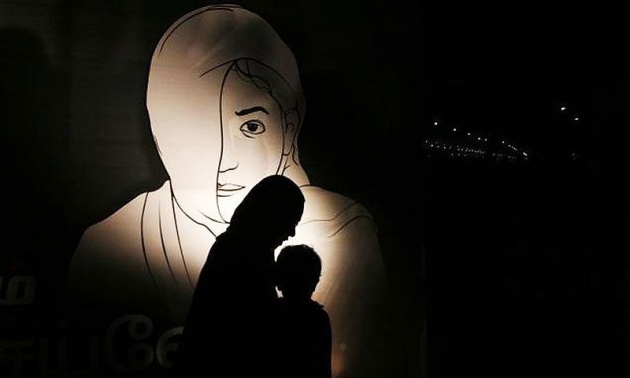“A world where half our homes are run by men, and half our institutions are run by women, would be a far better world!”
The first time, I heard Sheryl Sandberg, Facebook COO, say this was in 2012. I immediately turned to Wikipedia and this is what I saw:
and this is what I saw:
Sirimavo Bandaranaike – Prime Minister, Sri Lanka (1960-65, 1970-77, 1994-2000)
Indira Gandhi – Prime Minister, India (1966-77, 1980-84)
Benazir Bhutto – Prime Minister, Pakistan (1988-90, 1993-96)
Khaleda Zia – Prime Minister, Bangladesh (1991-96, 2001-06)
Chandrika Kumaratunga – Prime Minister, Sri Lanka (1994)
Sheikh Hasina – Prime Minister, Bangladesh (1996-2001, 2008 onwards)
While the United States of America is yet to vote for Hillary Clinton, we, in South Asia have already seen six female heads of government, serving a sum total of 12 terms.
The numbers of women in leadership positions have sparked a global debate, for quite some time now. When in actuality, there are a lot of strong, brilliant women who are leaders, clearly they are not enough, not enough in business, and most certainly not enough in politics.
Studies demonstrate that as gaps are being closed between men and women, in access to education, in healthcare, and even in economic participation, the most difficult gap to close is in political participation.
Why is that we don’t see many politician mothers around? Are women not aspiring, are they not ambitious or are they simply not power hungry?
I believe it is the political infrastructure which is holding our women back. Our political system is indisputably a patriarchal one, creating an invisible but virtually impenetrable barrier to women’s political participation.
Due to the negative connotation the word politics has, right from our school days, through college and especially at our workplaces, everything incomprehensible starts getting termed as ‘school politics’, ‘college politics’ and ‘office politics’. So, while women may be seen as school captains, college club presidents and community leaders, when it comes to the state level or the parliamentary level, there is one inherent question, whether women even want to enter the nasty game of real politics?



